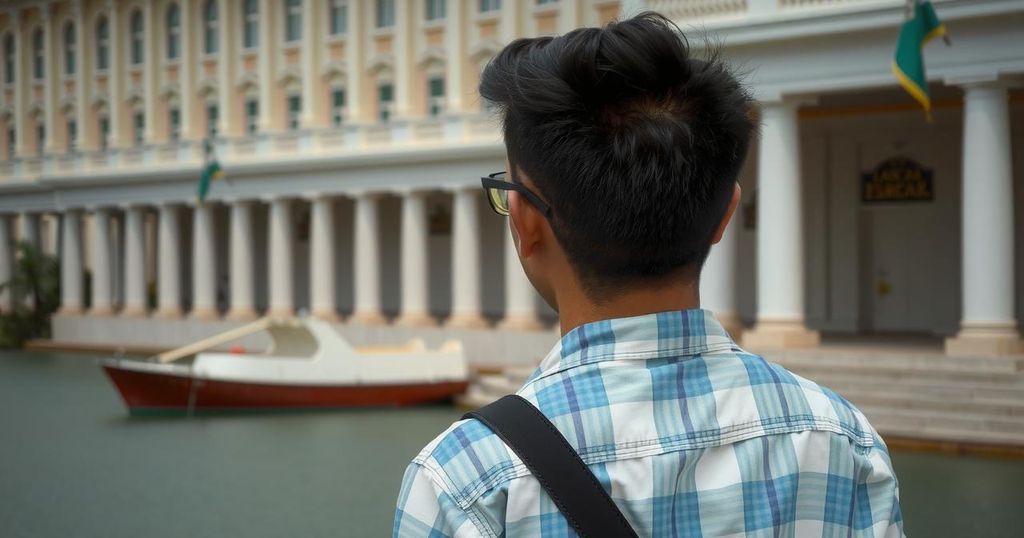Amnesty International has called for the repeal of a new Aceh bylaw imposing flogging for consensual sex, criticizing the law for creating barriers for rape survivors and potentially enabling rapists. The Islamic Criminal Code allows severe punishments for consensual acts and disproportionately affects women and children by introducing additional legal hurdles and reclassifying instances of sexual violence.
The authorities in Aceh, Indonesia, are urged to repeal a newly enacted bylaw that imposes harsh flogging sentences for consensual sexual relations. Amnesty International has criticized the Islamic Criminal Code, which allows for caning penalties of up to 30 lashes for consensual sex and up to 100 lashes for same-sex relations. This law is particularly concerning as it creates significant barriers for women seeking to report rape, requiring evidence and imposing penalties for alleged false accusations. The ramifications of this law extend to children, reclassifying sexual violence against minors as “adultery,” undermining Indonesia’s obligations to protect vulnerable populations.
Josef Benedict, Amnesty International’s South East Asia Campaigns Director, condemned the bylaw, stating that “to punish anyone who has had consensual sex with up to 100 lashes is despicable.” He emphasized that such punishment constitutes cruel treatment that may lead to both physical and psychological harm. Furthermore, he noted that these developments could discourage victims from pursuing justice, exacerbating the risk of sexual violence. The reality is that the law disproportionately affects women, particularly those from disadvantaged backgrounds who may lack access to legal resources.
The background of this issue highlights the ongoing struggle over human rights in Indonesia, particularly in Aceh, where caning has been a form of punishment for certain offenses since 2002. Despite national laws prohibiting corporal punishment, the Acehnese government, under special autonomy, continues to apply these harsh penalties. The international community, including the UN, has previously called for a review of laws permitting corporal punishment to ensure compliance with human rights standards.
In critical summation, the introduction of the bylaw in Aceh represents a significant regression in the realm of human rights, particularly for women’s and children’s rights. It reinforces punitive measures against consensual sexual behaviors while undermining legal protections for victims of rape and sexual violence. Immediate action is necessary to ensure that human rights obligations are upheld and that vulnerable populations are safeguarded from such draconian measures.
The recent bylaw in Aceh, Indonesia, enhances punitive measures for consensual sexual acts, a move criticized by human rights organizations worldwide. Since gaining special autonomy in 2002, Aceh has implemented caning for various offenses, defying Indonesia’s national laws against corporal punishment. The UN and other bodies have urged Indonesia to reconsider laws that permit such practices, which disproportionately affect women and children, impeding their access to justice and reinforcing systemic discrimination in society.
The newly enacted bylaw in Aceh imposes severe repercussions for consensual sexual relationships and complicates the process for rape victims seeking justice. The implications of this law not only violate fundamental human rights but also establish obstacles that discourage reporting sexual violence. It is imperative for authorities to repeal this law to conform to international human rights standards and protect the rights of all individuals, particularly the most vulnerable, such as women and children.
Original Source: www.amnesty.org






